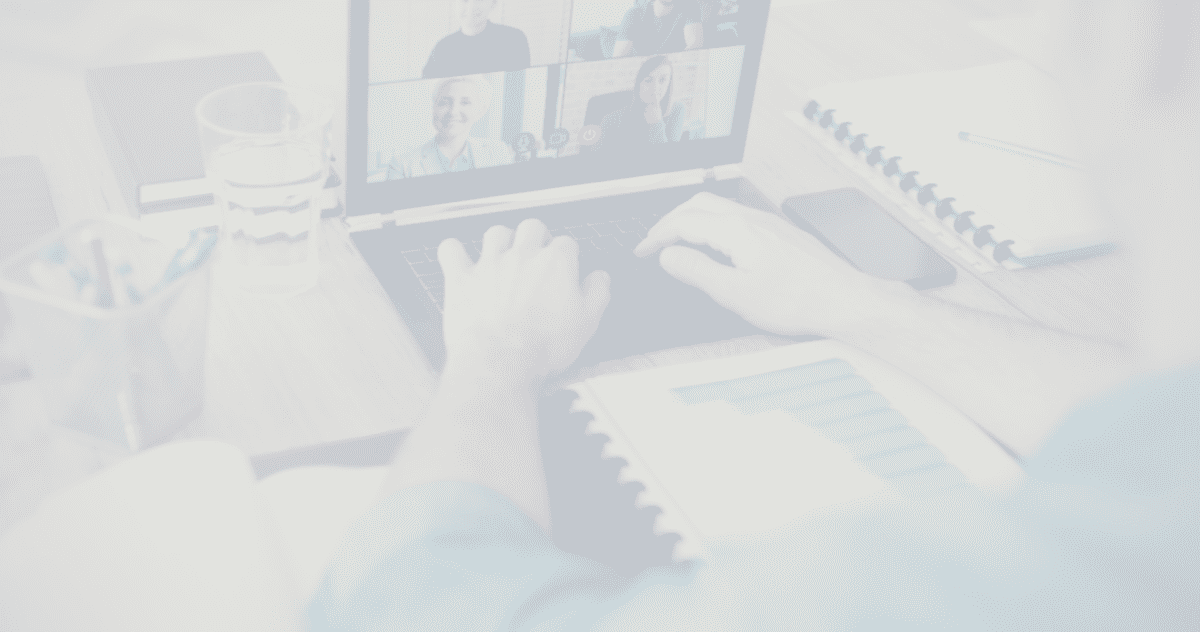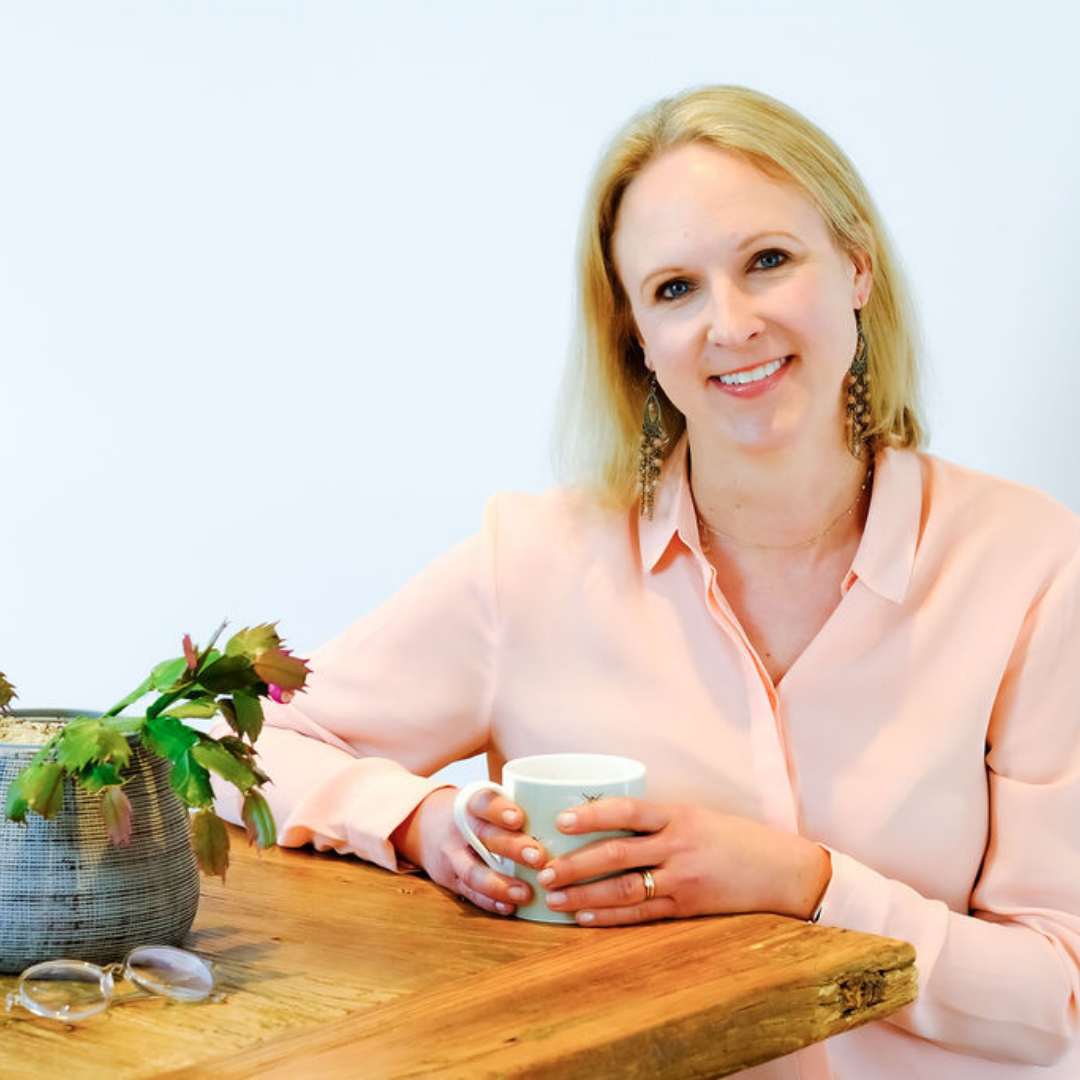Are your major donors ‘Zoomed out’?

Events can play a huge role in major donor fundraising: thanking, attracting new donors, building relationships. They can inspire and connect high-net-worth individuals to those your charity helps, to charity staff & leadership and to other donors. So what major donor events should you be planning over the next 6-12 months?
Since the start of this pandemic, there have been some hugely successful exclusive virtual events from tours of medical research labs to live music. However, lots of charities and fundraisers I’ve spoken to now feel they’re stuck in limbo. We don’t know when larger face to face events will happen but it certainly doesn’t feel likely before Summer 2021. At the same time, the novelty of online events for some has rapidly faded.
I hope these 3 tips will help you decide what’s right for your charity and major donors:
1. Why are we putting this event on?
The charities that have the most successful events as part of their major donor fundraising have a clear aim for them. Have you asked yourself, why are we putting this event on? Have you got a clear answer that you, your colleagues, your manager, the CEO agree on?
Whether your event is virtual or in the future face to face they take resource, and an event without a clear aim can mean a lot of work for little gain.
I worked with a fundraiser at a small regional music charity who put on a fantastic live virtual music event in Spring lockdown. The aim? To inspire and connect a small number of high-net-worth supporters with their shared passion, music, so they would consider giving a larger gift in the future. He wanted to understand these donors better so it was vital it was small and had an intimate feel. Success would mean the donors agreeing to meet one on one after the event.
The fundraiser described the event as them “experiencing the music together.” The high-net-worth supporters were connected to the music, the charity, and each other as supporters. All this at a time when no live music was taking place, and little human contact. He got wonderful notes from the attendees afterwards and best of all had a full diary of video meetings with them 1:1 in the weeks after.
Your aim affects everything, including the format, the number of people, the speakers. Make sure you know what it is.
2. Can you get to your aim without an event?
This may seem a strange thing for a major donor specialist to be saying. We know events can play a vital role in raising more large gifts.
However, take the time to think, really think, do you need an event? Or is there another way of getting to your end result?
If you would like to get your first meeting with a potential major donor, is there a link, a trustee or another donor who could introduce you? It’s far less resource, and potentially more successful than inviting them to, what for them might be, just another virtual charity event. If you’d like to understand someone who already supports your cause better, can you call them to check in how they are (more on how and why here!) In that conversation they’ll likely ask you how the charity has been during the pandemic. Can you ask them if they’d want to have a follow-up coffee meet so you can update them a bit more with a colleague on how their support’s made a difference? If you want to inspire them, can you send them a video clip with a moving story and thanking them?
3. Don’t assume/ask
If you’ve got an event in mind, call your donors and ask if it’s something they’d be interested in attending. Get their thoughts on the format, the length, even the title. Don’t assume. I was reminded of this recently. As part of a project setting up a Hospice’s major donor fundraising programme, I had meetings with 6 high-net-worth supporters. It seemed a good idea as part of these conversations to get their thoughts on a virtual event idea.
The feedback? A resounding no! Why?
A range of reasons including, being Zoomed out (two had actually asked to speak to me on the phone because they didn’t want any more screen time.) One just hadn’t got to grips with on-line events at all. One mentioned not being keen on listening to speeches/talks. They all cared deeply about the Hospice and instead, we agreed the next step right for each individual including a virtual coffee chat with the CEO for one and visiting the gardens of the Hospice in Spring for another.
Over in the SUMMIT major donor Facebook group we had our first ‘live’ on this very subject, you can catch that here.
In many ways, events feel more comfortable than some of the steps above like calling donors and seeking that connection to introduce you.
However, in a new world with new fundraising pressures, we need to challenge ourselves. If you’ve been thinking of translating your face to face major donor events to virtual ones, my challenge would be, do you need an event at all? And if you think you have got a great virtual event idea that will meet a clear aim, don’t assume it’s what your major donors want – ask them! If they love the idea, you’ll already have some attendees before you’ve even sent out the invites!

Louise Morris is the Founder of Summit Fundraising. She is a major donor fundraising specialist and has worked with over 200 charities helping them raise large gifts.
